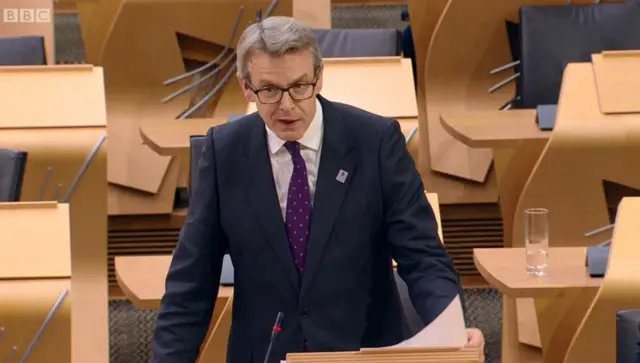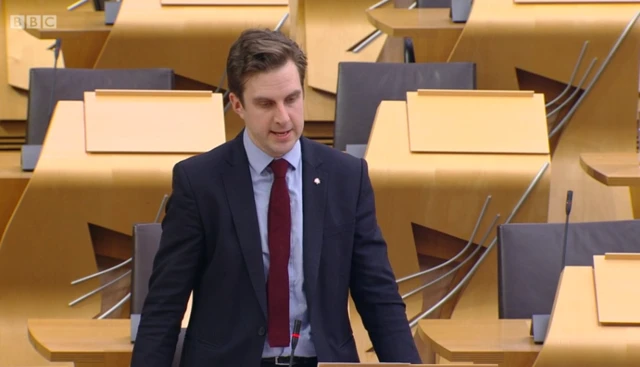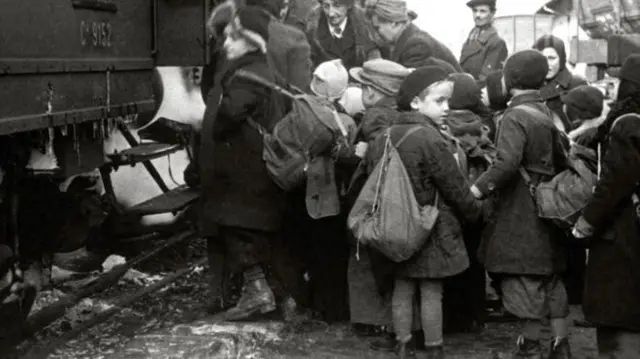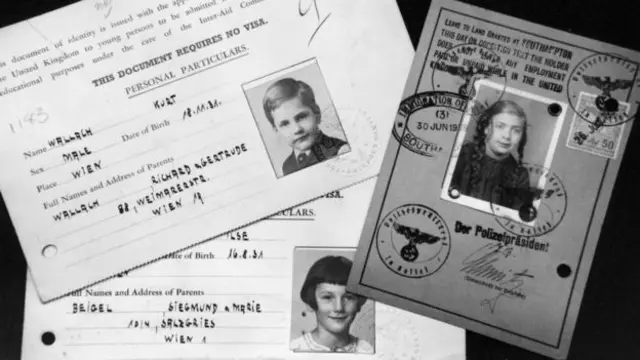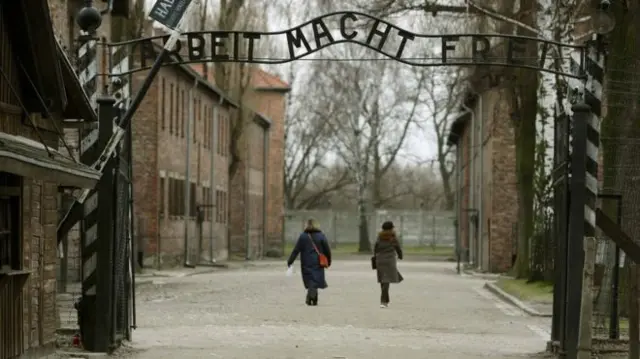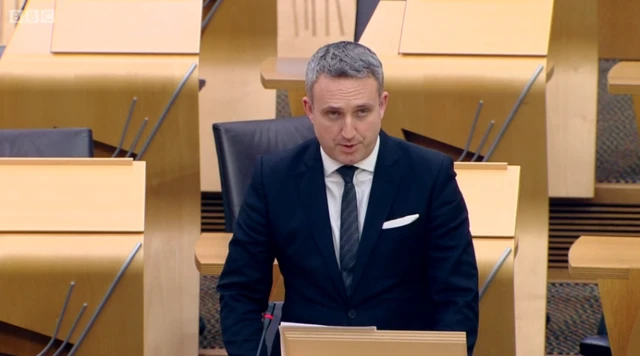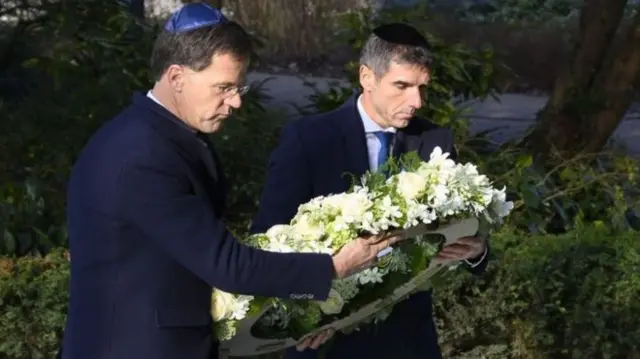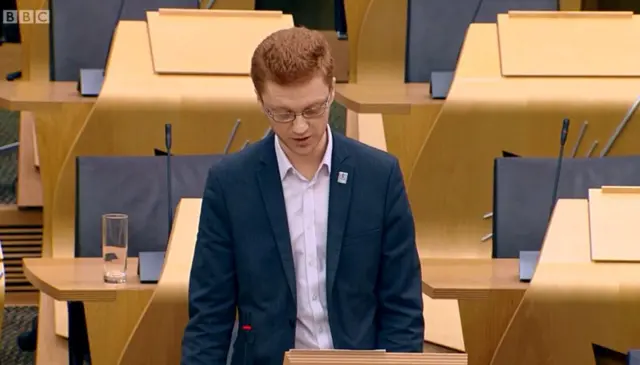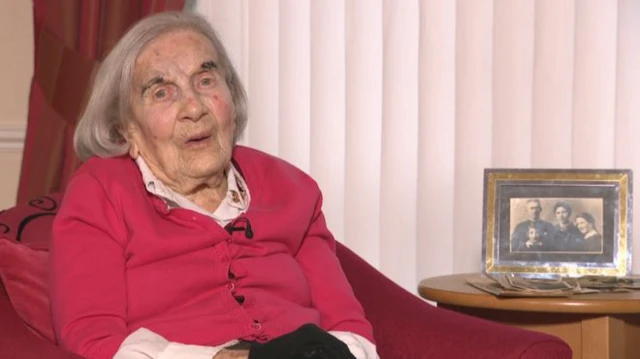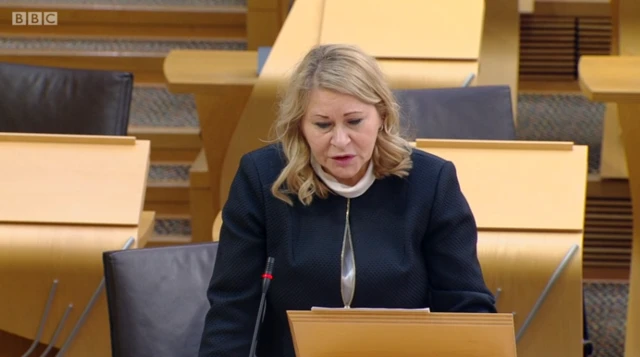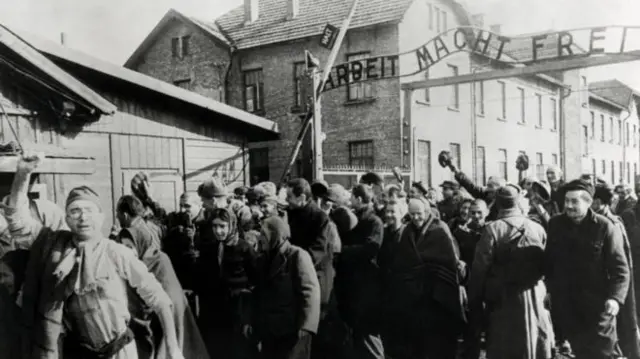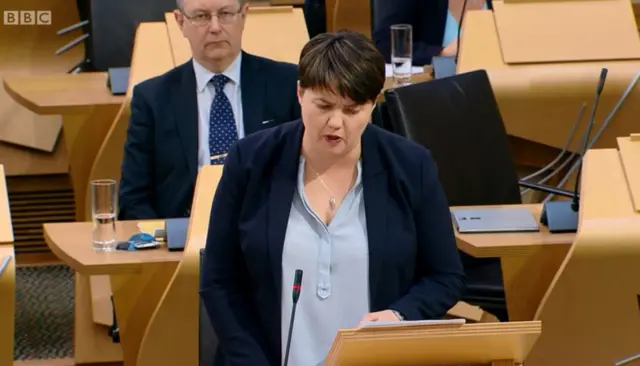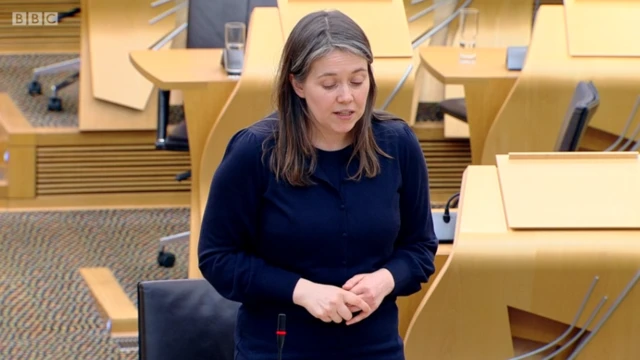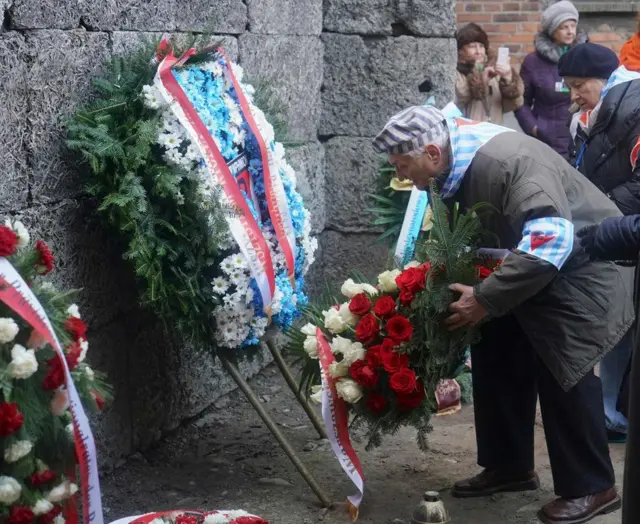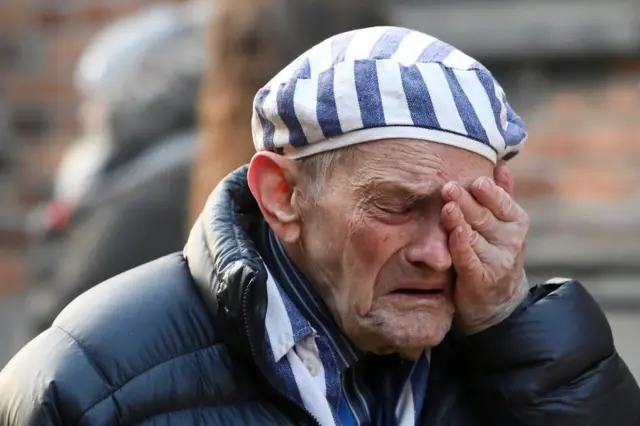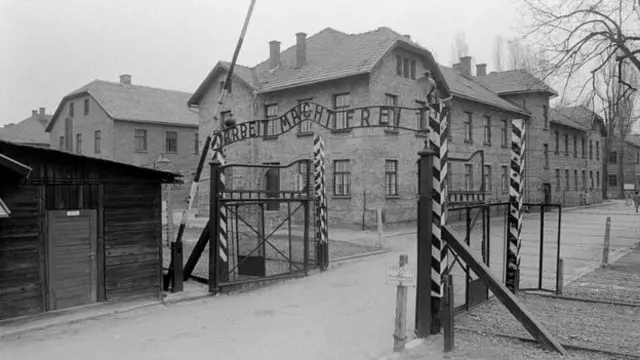'We want a world that is open-minded, peaceful, loving and kind'published at 17:01 GMT 28 January 2020
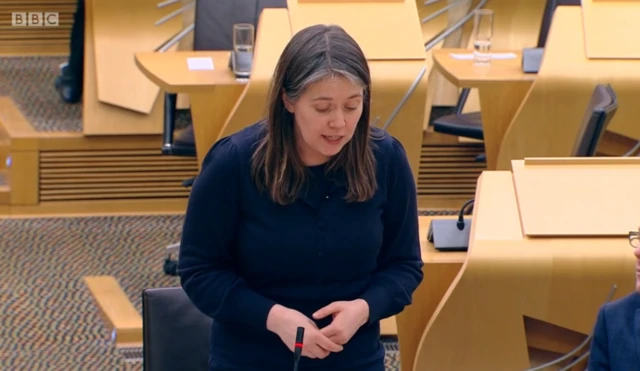
Communities Secretary Aileen Campbell says much of what we remember this week is not the actions of leaders and troops, but actions done by "humdrum men".
We remain committed to educating young people about the Holocaust as part of the curriculum for excellence, she says.
We want a world that is open-minded, peaceful, loving and kind she states.
The minister praises Daniel Johnson for addressing challenges felt within his party.
